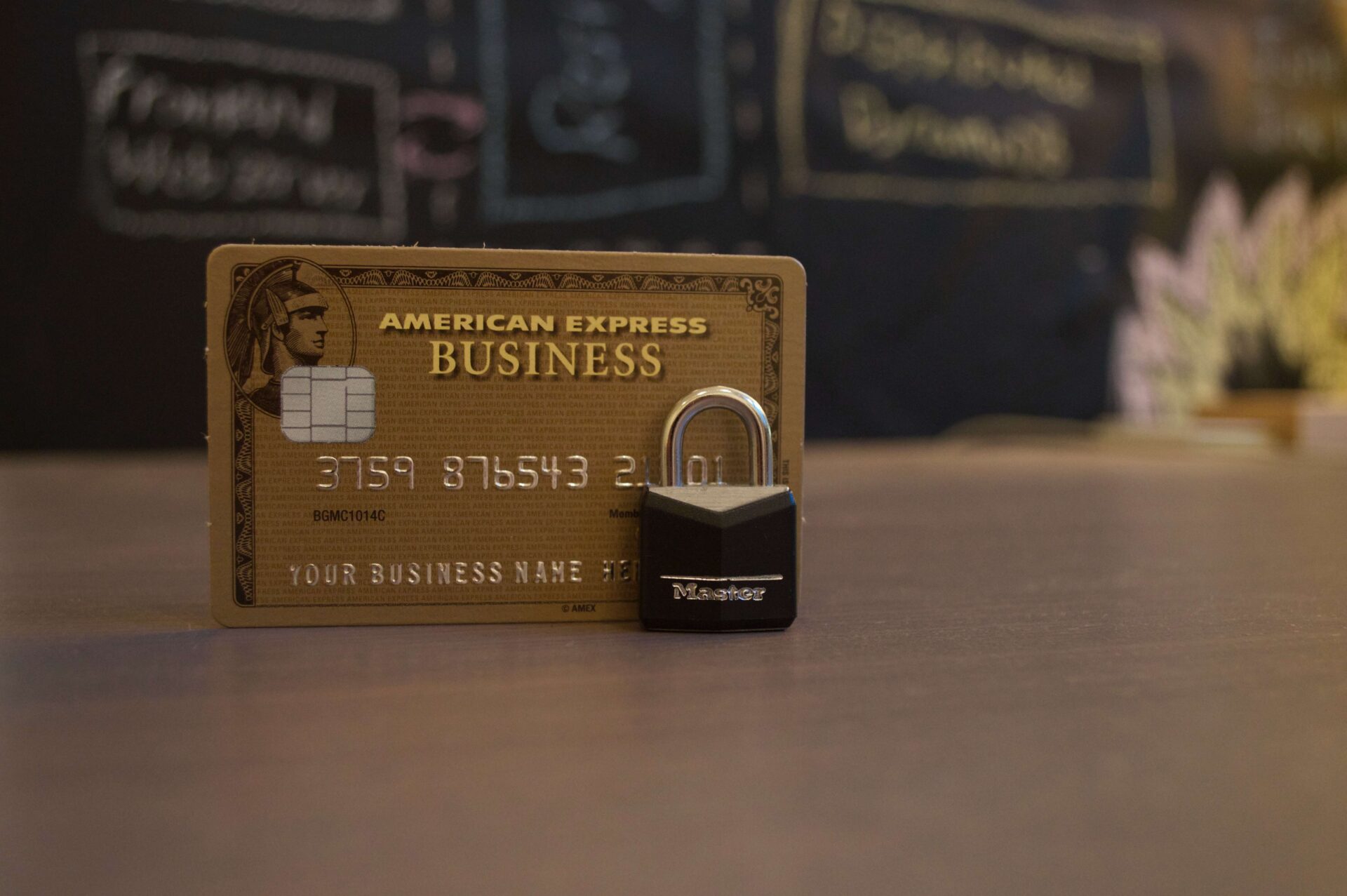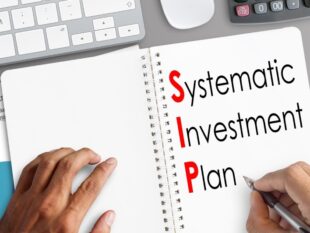7 credit card mistakes you need to avoid
by Mashum Mollah Loans & Credit Published on: 26 July 2018 Last Updated on: 25 September 2024

Everyone benefits from having good creditworthiness. Interest rates on things that matter which you need to buy on a repayment schedule even if you are a millionaire, like a home or a car, are much lower for those who have learned how to stay afloat while still using their credit cards on a regular basis. However, if you are one of 150 million Americans in need of credit relief, chances are you have made any one of these 7 common credit card mistakes. Avoiding these mistakes may get you on track for a fresh start.
1. Not prioritizing paying off credit card debt :
One of the most common mistakes people make when they start using credit cards is to pile on their newly acquired credit card one charge after another until it’s maxed out or nearly so. It’s as if they couldn’t wait to start messing up their creditability as soon as they get a chance to start building it up. It’s contradictory at best.
Imagine getting a chance to take a spin in your uncle’s new wheel drive and you zoom as far as the gas in it will allow before having to abandon it and walk back to the pump station. You’ll have to start by buying a gas can. That’s precisely how many people treat their credit cards when they take it to the mall or pay for an emergency expense and fail to replenish it asap.
Credit card companies want your business. They want you to use the card over and over again. However, when you max it out completely or keep a balance on it that is higher than 30% of the credit limit you are the biggest loser. You are the biggest loser in that equation because you end up paying more interest and unable to use the card when you really need to or want something right away when it is convenient for you.
Moreover, if you are still allowed to go past your credit limit you’ll be sorry you did when the statement comes in, and you see the high fees stamped on black over white. That’s not all, every day, you fail to pay your full balance you are paying interest on the interest that you didn’t pay the day before. That’s how keeping a balance on your credit card works against you. So, to be the biggest winner, pay that credit card balance in full every month. Breathe deeply when you do know your credit scores thank you, and so does your future.
Financial wellness is not something we learn in grade school therefore many people don’t know how to manage their credit when they get it. The lack of knowledge and practice may bring your troubled waters. Financial advisors don’t usually take us by the hand to buy our first car or when we receive the first credit card in the mail. Therefore, you must be your own credit card user advisor when you go to the mall. Remember, 30% or less is the balance you should have on your credit card statement each month to promote your creditworthiness.
2. Co-signing a credit card :
Just don’t do it! Co-signing on a credit card is like signing a statement of guilt. Every time the person you co-signed for buys something, you’re the one who’s signing on it, but you don’t even get to enjoy the possession. If you have ever listened to your intuition, this is one of the times when your intuition should be screaming at you not to do it. You should get an uneasy gut feeling or even get nauseous. Whether it’s a friend, a bother, your son or daughter, or your wife, let them take responsibility for their creditworthiness. Most banks give people with new accounts a chance to build up their credit by offering a secured, partly secured, or unsecured credit card. Offer advice and help them learn about ways in which they can improve their credit scores. Remember it’s best to teach someone how to fish for themselves instead of always having to feed them.
Co-signing is not an uncommon thing to see, however. Phillip Trundle, the owner of the Washing House, a laundromat chain in Sacramento, remembers how he nearly lost his business when he co-signed $25,000 for his brother who had an accident and couldn’t pay him back. Only after making extraordinary sacrifices during the next five years, he was able to pay off the debt. Once his brother recovered from his trauma, he couldn’t work, and Philipp had to cover the cost of business and his brother’s recovery. At the time, co-signing for his brother, Jonathan, seemed a good idea, after all, his brother had shown responsibility, had a job, and was almost finished with his degree. But who could have thought that he would have an accident and be unable to meet his credit demands?
The world is full of stories like Philip and his brother. Don’t be a victim of the chance when you can avoid it.
3. Only making the minimum payment each month :
Have you ever swam in a river against the current? If you have you know that when you swim against the flow, you can’t get anywhere. You actually get further behind. If you have ever been in that situation and lived to tell the story, you know that you must swim with the flow in order to survive. Trying to swim faster than the current won’t avail you. Only if you go along with it will you end up on the other shore on the safe ground instead of being pulled by the current down the precipice? The same occurs when you only pay the minimum due on the monthly state of your credit card. thing
When you are only making the minimum payment due you are swimming in place. Just because you are making payments, it doesn’t mean you are gaining any ground on the river of finance if the payments are not big enough to bring your balance down below the 30% line. Instead, you’ll be paying interest for years on end before paying off the total debt. It’s not uncommon to pay 15% interest on a credit card. Suppose you take out a $5,000.00 card at 18%, and you max it out paying only the minimum on it. Do you know how long it will take you and how much you will end up paying when you pay it all off? According to bankrate.com, it will take you 137 months to pay it off, and you will pay $8,109.16 as well as $200 every month. The minimum payment is calculated at 4% of the total balance. If you double the minimum payment to 8%, you will pay $400 a month for a period of 63 months, and the total amount you will pay is $6,202.67. That’s a better picture.
Find out the percentage of the balance that your credit card company is charging you and calculate how long it will take you to pay it off. Go as high as you can get each month until you pay off the debt and your interests will drop along with the time frame it will take you to pay. It’s a matter of doing the math.
4. Losing value on rewards transfers :
The best credit card companies are the ones that offer the best reward points. Some of the rewards credit card companies offer customers for using their services each month is enough to get you to want you to get the credit card just for the rewards. Whether it’s coupons, travel deals, or cash back reward points, reward points are a favorite way credit card companies use to attract new customers and increase the rate of credit card use each month.
However, when you don’t use these points, you’re wasting the opportunity they give you to get more for less. Sometimes people let the rewards expire and lose out on the privileges of being a valued credit card user. That’s right, a wedding anniversary or birthday celebration, holidays with the family, and other things that really matter to you can all be obtained through those points if you plan ahead. After all, happiness is not ready-made. It takes insightful planning to live a life you want to look back on and say you took advantage of excellent opportunities laid out before you.
However, if you let those credit card reward points fall through the cracks, you’ll never know what it would have been like to take that trip or meet that one particular person in your life waiting for you at the bend.
5. Closing your card as opposed to paying the total balance due :
This is a common mistake old timers usually commit. If you feel overwhelmed by too much debt and you have a hard time paying it off, the worst thing you can do after going through the trouble of paying is closing the card. It’s like working for brownie points but never cashing them in on any. The best reward that having a credit card can have is the boost you get to your credit score for using the card regularly and paying the balance due on it- not more. According to Experian, you should pay the entire balance on your credit card since carrying a balance is not going to help your credit scores. One of the most impacting things you can do to improve your credit score is to have as low a utilization rate or balance-to-limit ratio as possible.
Making small purchases and charges on your credit card and paying them off entirely each month is even more beneficial and impacting on your credit history than making every payment on time.
6. Not Keeping a tab of your monthly statements :
Who wants to read through bank and credit card statement each month when you can be binging on that Netflix series that you started watching last night? It may not be a bestseller, but it has a plot- the money you charge and now owe must be paid, it also has a hero- you. What you do will with your credit card statement each month will determine the level of action your plot will require. Sometimes, people don’t even open the statements, they file them in a drawer, and there they stay until something makes them realize there is something they should know about their credit card but don’t.
Credit card companies will send you notifications regarding your credit limits, reward points, interest rates, new promotions, and much more on a regular basis. Missing out on the information printed on your credit statement can put you at risk of paying more. In other words, the credit card company may raise your interest rate, but you won’t even know it if you don’t read and keep a tab on your credit card statements.
What if they were offering to lower your interest rate and increase your credit limit, but you failed to respond within the time frame the offer was valid for? On the other hand, what if the introductory interest rate changed brusquely and you forgot the time had passed before it did. Some credit cards offer an initial interest rate for a limited time or no interest for a period. However, if you forget and don’t keep a tab on your credit card statement, you’ll end up paying retroactive interests on your balance. It can be avoided. Open it up and read it!
7. Ignoring terms and conditions section :
Applying for and getting a new credit card to pay for an unexpected expense or an emergency causes people to skip over the small print and miss out on essential terms and conditions that you would have rather avoided had you known them beforehand.
One common condition or term many new credit card users don’t realize they are charged for before they open a credit card account is an annual fee. Some credit card companies charge an exorbitant yearly credit card fee. So, when you get the card, you already owe them a percentage of the limit. Especially new card users are in danger of falling to this mistake. In some cases, the annual fee may be as high as 50% of the total credit card limit if it’s a first-time credit card user with a low credit limit. If you don’t realize it and use your card, you will see that the balance on your statement is quite higher than what you expected. Unless you pay for this fee up front the first month, it will only increase since you will be paying interest on the interest that you didn’t pay the previous month.
“Read agreements from the bottom to the top instead of from top to bottom,” is the advice given by Peter Reuther, CEO of Credit Your Way, a Seattle nonprofit. “It’s all in the fine print.”
Read Also :







































































































